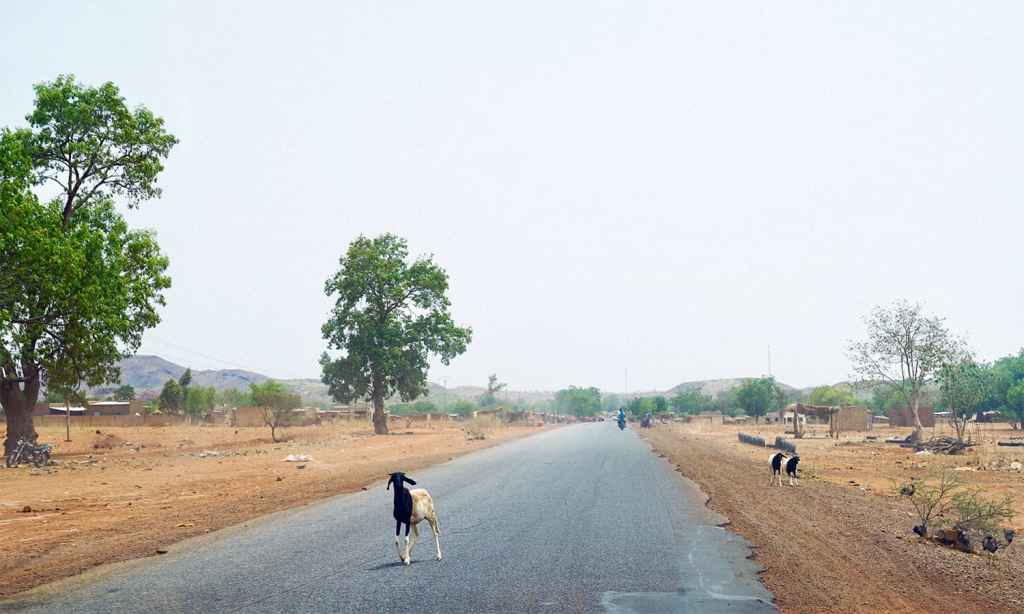Esteemed animal rights campaigner and the world’s foremost expert on chimpanzees, Dr Jane Goodall, is urging people and charities around the world to end the practice of gifting animals this Christmas.
Goodall, who is famous for her 60-year study of wild chimpanzees in Tanzania, and, to a far lesser degree, an unfortunate send up in an episode of The Simpsons, has joined with fellow scientists, religious leaders, and celebrities to attempt to stop world aid charities from the practice of animal gifting.
Animal gifting programmes, whereby people donate, say, a goat to a family in a developing nation, in practice often end up hurting the gift recipients by burdening them with more mouths to feed in areas where food and water are often scarce. They also worsen the climate crisis, decrease food stability, undermine sustainable development, contribute to animal suffering, and cause health impacts by promoting unhealthy western diets.
The Animal Save Movement and In Defense of Animals’ Interfaith Vegan Coalition are urging charities to switch to plant-based aid programmes, which provide more food, and more stability by growing crops to eat directly instead of feeding them to animals. Plant-based projects can help alleviate poverty, reduce world hunger, and create sustainable practices for a healthy planet. Thousands of In Defense of Animals supporters and concerned citizens have already joined the campaign this holiday season.
Several well-meaning organisations promote sending live-farmed animals as “gifts” intended to reduce hunger and poverty in low-income countries. The true cost of sending a goat, cow, chicken, or other farmed animal is environmental degradation, soil acidification, water contamination, air pollution, global deforestation, forest fires, extreme weather, flooding, zoonotic disease outbreaks, health problems such as diabetes, more community slaughterhouses, and even childhood trauma from watching beloved animals slaughtered.
Goodall says in her video statement that “animals must be fed and they need a lot of water, and in so many places water is getting more and more scarce thanks to climate change. Veterinary care is often limited or totally lacking”.
“It will be ever so much better to help by supporting plant-based projects and sustainable irrigation methods, regenerative agriculture to improve the soil. This means charities must develop plans to create a gift package that will appeal to the generosity of those who want to help those less fortunate than themselves.”
The Stop Animal Gifting campaign includes open letters from scientists and interfaith leaders, a petition calling on development charities to undertake carbon disclosure of their projects, stop animal gifting, and implement plant-based food system projects as a crucial step in addressing the escalating climate crisis.
Charities that undertake animal gifting programmes include Oxfam, World Vision, Heifer International and Cargill’s “Hatching Hope” project, Christian Aid, Save the Children, Plan Canada, Lutheran World Relief, Canadian Feed the Children, Tearfund amongst others.
Instead, development charities alleviate poverty and hunger by creating community seed hubs, rolling out water irrigation systems, providing training in permaculture and veganic farming techniques, reforesting lands and regenerating soils, planting trees to increase canopies to help improve the water cycle and restoring Savannah to rainforest and restoring key ecosystems.
“We are so pleased Dr. Jane Goodall is supporting the Stop Animal Gifting campaign by urging shoppers to boycott animal gifting this Christmas in favour of plant-based projects. The campaign which launched in the run-up to the holiday season aims to mitigate climate impacts, save water, alleviate poverty, improve human health and eliminate animal suffering,” says Anita Krajnc, ED of Animal Save Movement.
“There has been increased demand for sustainable gifts this year — with shoppers willing to pay more for something that is sustainable. The Stop Animal Gifting campaign hopes to redirect well-meaning donations towards true, sustainable development comprising plant-based food projects,” Krajnc added.
The Latch also has a list of great charities to gift to on behalf of loved ones this Christmas if you want to do some good instead of gifting a physical present this year.
Read more stories from The Latch and subscribe to our email newsletter.







